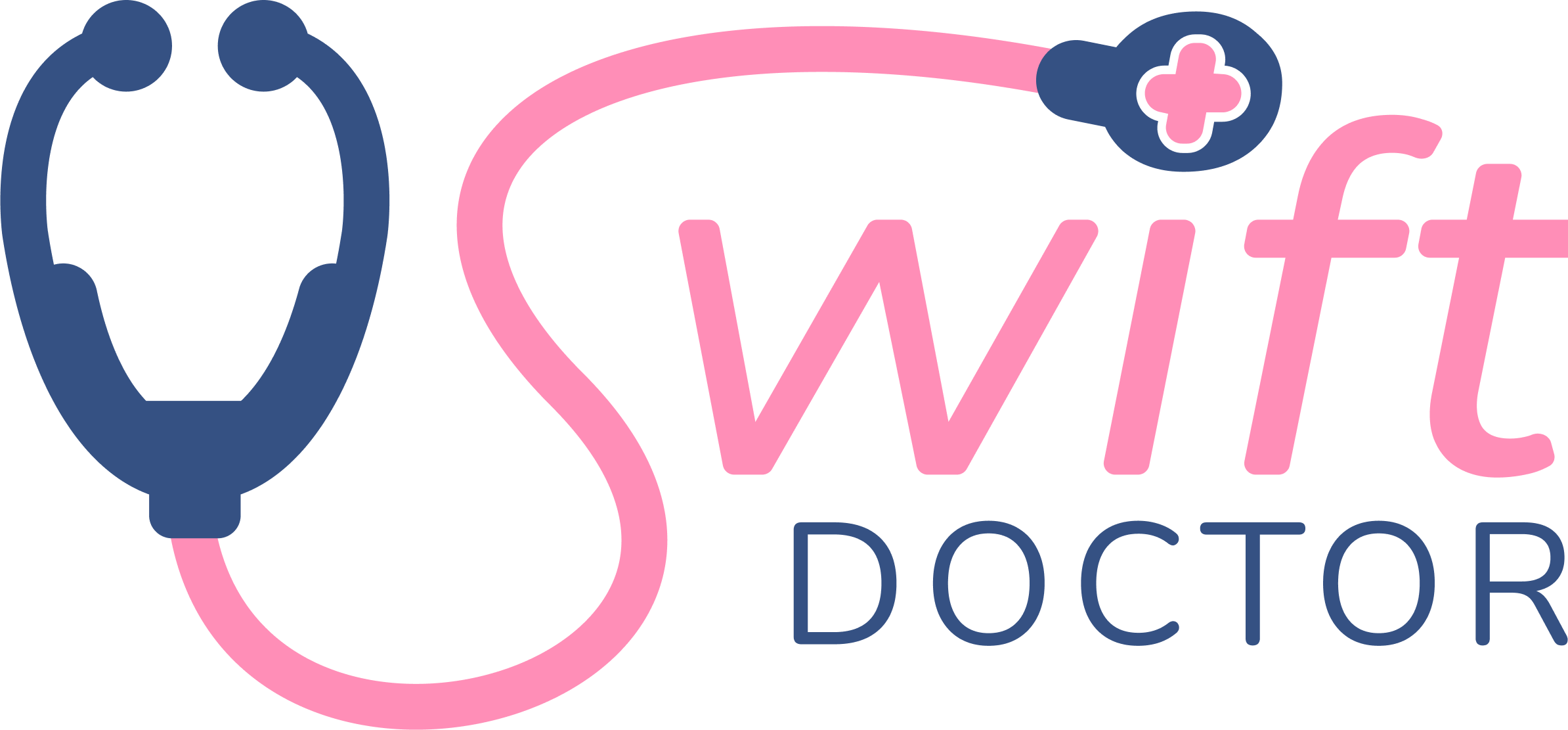Back pain is a common issue that affects people of all ages, with causes ranging from lifestyle habits to underlying medical conditions. Our customers have many questions about back pain, including: Can constipation cause back pain? Will my pain go? How do I cure back pain?
At SwiftDoctor, we understand that back pain can impact daily life, making it essential to explore both the causes and solutions. In this guide, we’ll look at how constipation can contribute to back pain and provide other common causes and effective ways to manage and alleviate discomfort.
Understanding the Link Between Constipation and Back Pain
While it might not be the first cause that comes to mind, constipation can indeed lead to back pain in certain situations. Constipation causes a build-up of stool in the colon, creating pressure that can lead to abdominal discomfort, cramping, and sometimes back pain, particularly in the lower back region. This is often due to the distension of the bowel, which can place pressure on surrounding nerves and muscles, leading to referred pain in the back.
If you’re experiencing back pain with constipation, addressing the constipation often alleviates the pain. Increasing fibre intake, staying hydrated, and regular physical activity can improve bowel movements and reduce constipation-related back pain. However, if symptoms persist or worsen, it’s wise to consult a healthcare provider to rule out any underlying conditions.
Other Common Causes of Back Pain
While constipation can be a factor, back pain often stems from a range of other causes. Here are some of the most common ones:
1. Poor Posture
In our increasingly sedentary world, poor posture is a leading cause of back pain. Slouching, prolonged sitting, and incorrect workstation setups can all place stress on the muscles and ligaments in the back, leading to discomfort over time. Maintaining good posture and investing in ergonomic furniture can significantly reduce this type of back pain.
2. Muscle Strain and Injury
Heavy lifting, sudden movements, or improper exercise techniques can lead to muscle strains, causing acute back pain. This kind of pain can range from mild to severe, depending on the extent of the strain. Rest, gentle stretching, and sometimes physiotherapy are effective ways to manage pain due to muscle strain.

3. Spinal Issues
Conditions such as herniated discs, spinal stenosis, and degenerative disc disease are more serious causes of back pain. Herniated discs occur when the soft tissue between vertebrae slips out of place, pressing on surrounding nerves. This can lead to intense pain, numbness, and weakness in the back and legs. Treatment for spinal issues often includes physiotherapy, pain management, and in some cases, surgery.
4. Arthritis
Arthritis, especially osteoarthritis, can affect the spine, leading to chronic back pain. This condition occurs when the cartilage in joints wears down over time, causing bones to rub together. Managing arthritis often involves a combination of medication, exercise, and lifestyle adjustments to help maintain flexibility and reduce pain.
5. Stress and Tension
Emotional stress can lead to physical symptoms, including back pain. When stressed, we tend to hold tension in our muscles, particularly in the shoulders and back. Over time, this tension can lead to persistent discomfort. Techniques like yoga, meditation, and mindfulness practices can be effective in managing stress-induced back pain.
6. Kidney Stones and Infections
Some cases of back pain may be due to kidney-related issues, such as kidney stones or infections. This pain typically appears in the lower back and may be accompanied by other symptoms, such as pain during urination or a fever. If you suspect kidney issues, it’s essential to seek prompt medical attention, as these conditions may require treatment.
Effective Solutions for Back Pain
Addressing back pain effectively depends on understanding its cause. Here are some general solutions that can provide relief for various types of back pain:
1. Exercise and Physical Therapy
Regular, low-impact exercise is one of the best ways to prevent and alleviate back pain. Activities like walking, swimming, and yoga can strengthen the muscles that support the spine, reducing the likelihood of pain. For more severe cases, physiotherapy may be recommended. A physiotherapist can create a tailored exercise plan to improve flexibility, strength, and posture.
2. Heat and Cold Therapy
Applying heat or cold packs to the affected area can help reduce pain and inflammation. Cold packs are useful for reducing inflammation and numbing sharp pain, especially after an acute injury, while heat packs relax muscles and improve blood flow to the area, which can help relieve chronic pain.
3. Maintaining a Healthy Diet
A well-balanced diet can play a role in managing back pain. For those wondering, “Can constipation cause back pain?” the answer highlights the importance of fibre-rich foods and proper hydration. Maintaining digestive health helps reduce the risk of constipation-related pain, while anti-inflammatory foods, such as leafy greens, nuts, and fatty fish, can aid in managing pain related to inflammation.
4. Posture Improvements
If poor posture is causing back pain, it’s essential to work on maintaining a straight back when sitting or standing. Using an ergonomic chair, taking regular breaks from sitting, and setting up a workstation at the correct height can help reduce strain on the back and prevent future pain.
5. Medication and Pain Relief
For moderate to severe pain, over-the-counter pain relievers like paracetamol, ibuprofen, or voltarol can be helpful. In cases where pain is persistent or more intense, a healthcare provider recommend stronger medication or treatments such as muscle relaxants, cortisone injections, or prescription pain relief.

6. Mind-Body Techniques
Since stress can contribute to back pain, incorporating relaxation techniques, such as mindfulness, meditation, and controlled breathing, may be beneficial. These methods help to release muscle tension, reduce pain, and improve overall wellbeing.
When to Seek Medical Attention
While many causes of back pain can be managed at home, some situations warrant professional medical help. If you experience severe pain, numbness, tingling, or loss of bladder or bowel control, it’s essential to seek immediate medical care. Persistent back pain that doesn’t improve with rest or home treatment may also require further investigation.
Targeting Back Pain
Back pain can arise from various causes, including constipation, poor posture, muscle strain, and more serious conditions like spinal issues or arthritis. At SwiftDoctor, we’re committed to providing solutions that target the root causes of back pain. By understanding these causes and using effective treatments, you can manage and reduce back pain, leading to a healthier, pain-free life.
Get in touch to find out back pain solutions or book an appointment to discuss your discomfort with a member of our team.

This blog was written on behalf of SwiftDoctor by Pharmacy Mentor.

